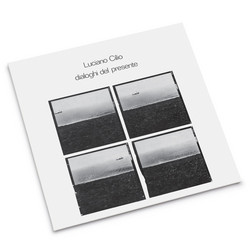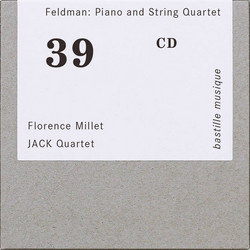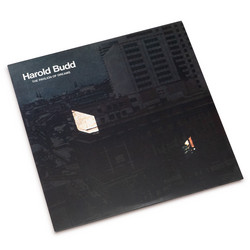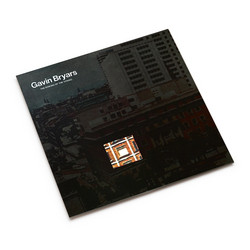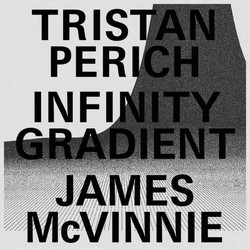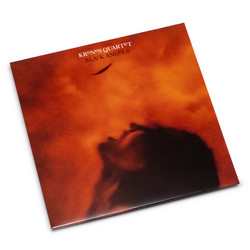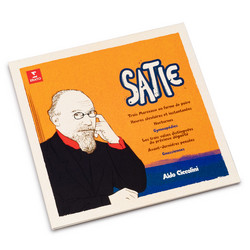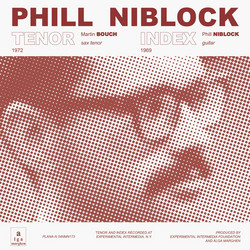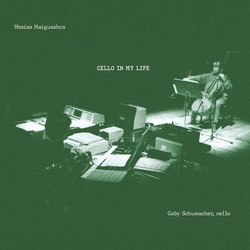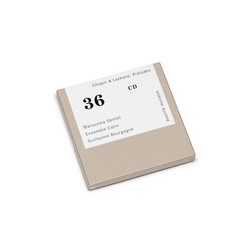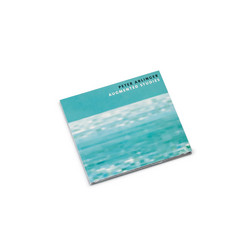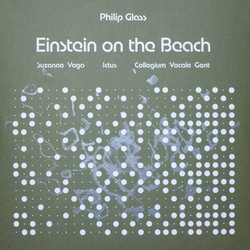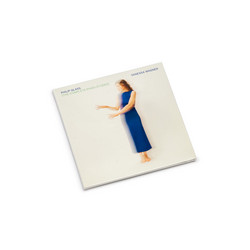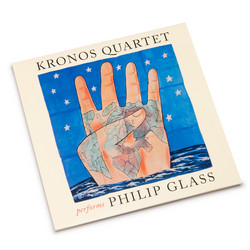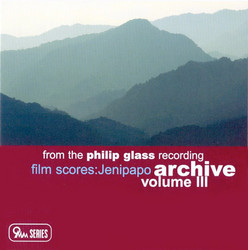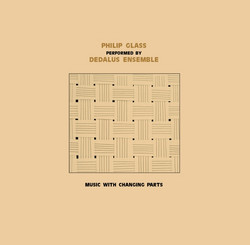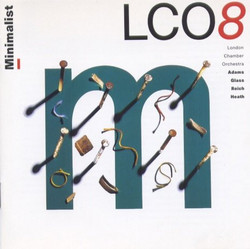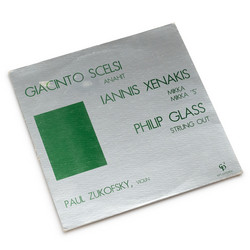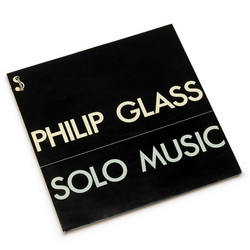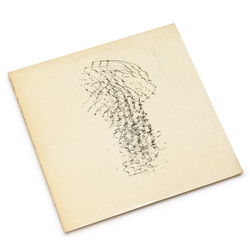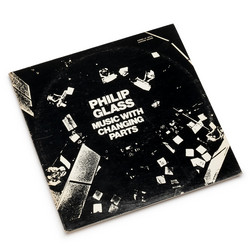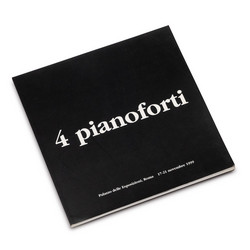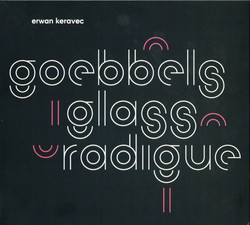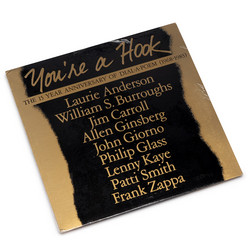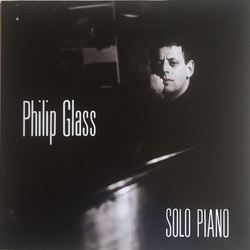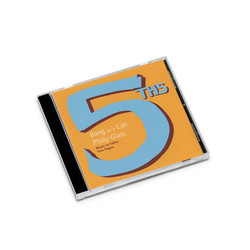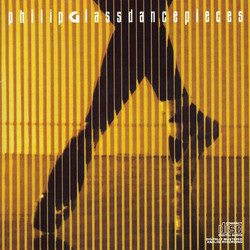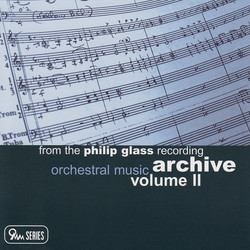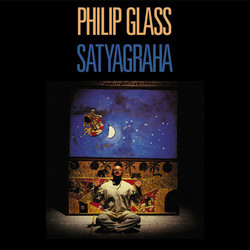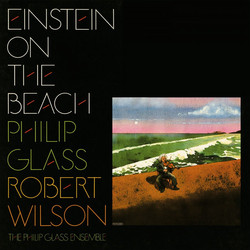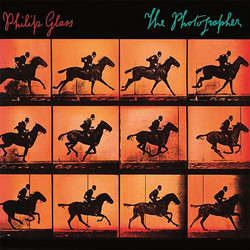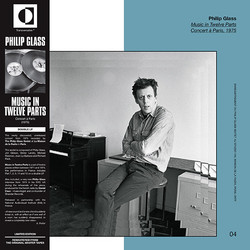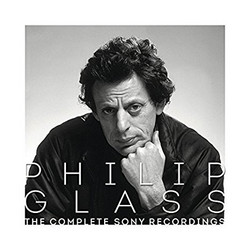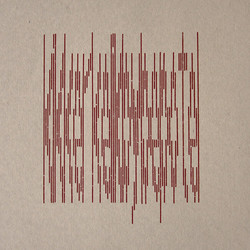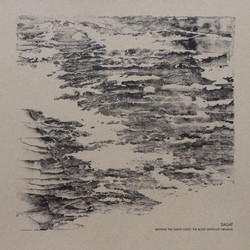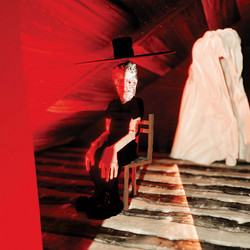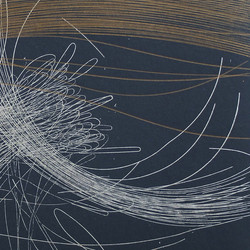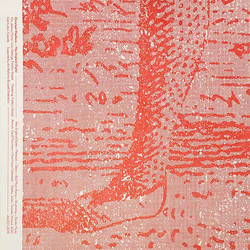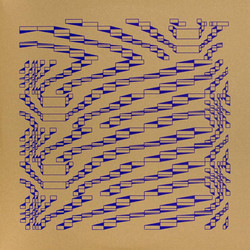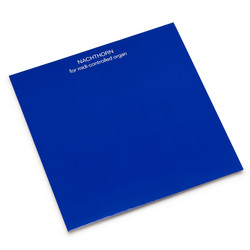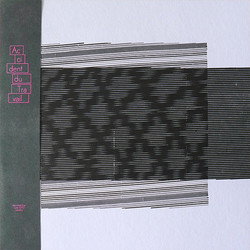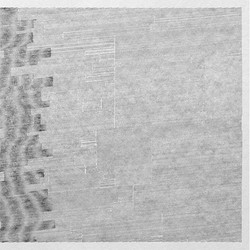Philip Glass
Einstein on the Beach (3LP Box)
Edition of 200, Hand-made sleeve, each copy is unique When Ictus, Suzanne Vega, and Collegium Vocale Gent joined forces to reinterpret Einstein on the Beach, they created a concert experience that reimagines Philip Glass’s legendary opera through sound alone. Far from a recreation of Robert Wilson’s total-theatre spectacle of 1976, this version pares away visual excess to foreground sonic clarity and human endurance. The result is a nearly three-and-a-half-hour meditation on time, repetition, and perception — a hypnotic landscape where voice, instrument, and architecture dissolve into one continuum.
In this stripped concert form, Vega assumes the role of narrator, her voice replacing the original spoken interludes of Christopher Knowles, Lucinda Childs, and Samuel M. Johnson. She delivers these cryptically playful texts with the intimacy and restraint of a storyteller rather than a performer, threading meaning through abstraction. Her unmistakable articulation balances Glass’s mathematically precise structures with a human pulse, turning what might seem like pure mechanism into lived experience. Around her, the musicians of Ictus orchestrate an intricate logic of patterns: marimba pulses, synthesizer clusters, saxophone spirals, and the steady heartbeat of amplified violins. The Collegium Vocale Gent, long celebrated for their mastery across centuries of repertoire, provide the ethereal choral scaffolding that sustains the music’s vast temporal span.
Performed as a “site-sensitive” installation, the concert invites the audience to circulate freely through the space, as in the spirit of the original score. This openness reflects the radical generosity of Glass’s concept—time as a shared condition rather than a story to be consumed. Germaine Kruip’s minimalist scenography reinforces that sense of suspension, transforming the hall into a living geometry of light. The musicians do not merely perform; they inhabit the composition, adjusting lighting, moving through the stage, and echoing the quiet choreography of endurance.
In the operatic canon, Einstein on the Beach remains an event that bent the rules: no plot, no arias, no catharsis. This iteration honors that legacy by resisting spectacle in favor of precision and transparency. Conductors Tom De Cock and Michael Schmid lead the flux with almost architectural discipline, sustaining the work’s fragile equilibrium between trance and tension. Each movement—the “Knee Plays,” “Train,” “Trial,” “Dance,” and “Spaceship”—unfolds as an act of calibration, testing the listener’s sense of duration and change.
More than forty years since its debut, Glass’s monumental score finds fresh resonance in this version. Its cyclical repetitions, far from monotonous, reveal hidden scales of emotion—fatigue, exhilaration, serenity—mirroring the loops of modern life. In Vega’s voice, it gains a subtle human gravity: she becomes the traveler between systems, the observer translating scientific abstraction into poetic continuity.
Presented in celebrated venues such as Bozar, Elbphilharmonie Hamburg, and the Romaeuropa Festival, the project affirms the continuing vitality of minimalism not as nostalgia but as inquiry. Einstein on the Beach, in this guise, is both a homage and an experiment—a profound conversation between disciplines, generations, and the unbroken pulse of sound itself.
